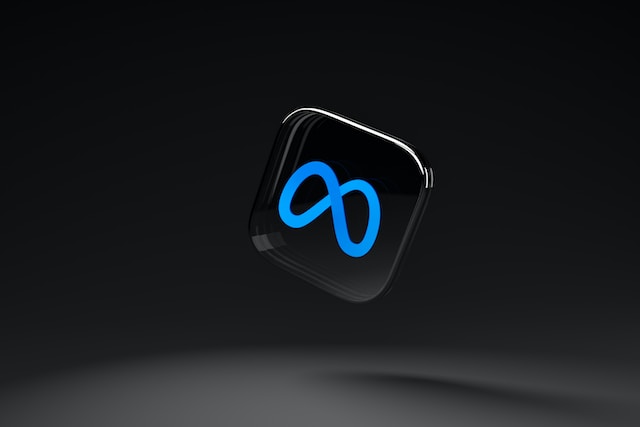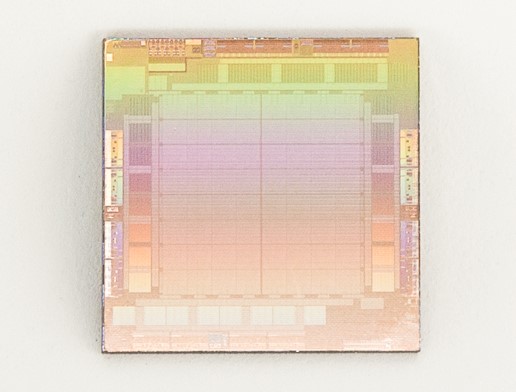Amidst the AI boom, Meta places a big bet on AI.
The market frenzy for artificial intelligence has driven the surge of US tech stocks, but Cathie Wood, renowned for her bet on “disruptive innovation,” liquidated her holdings of NVIDIA (NVDA.US) shares in early January, missing out on a $560 billion rebound.
However, the divestment from NVIDIA doesn’t mean Wood is giving up on the AI race. She has shifted her focus to the software aspect of artificial intelligence and expressed favor towards Meta Platforms (META.US) in her latest speech.

Wood stated that Meta’s LLaMA large language model can deliver better results with less computational power and more data. In fact, Meta is rising quietly in this AI wave, with its stock price doubling so far this year, emerging from the slump of the previous year.
Currently, Meta is fully committed to AI development. In terms of advertising, Meta plans to launch an AI tool for generating ad images, assisting the company in creating different visuals for various target audiences.
In February of this year, Meta announced the formation of a top-tier product development team focused on generative AI products and introduced its large language model, LLaMa.

Furthermore, Meta is going “All in” on self-developed AI chips. Meta disclosed details about its data center project to support AI workloads, mentioning the creation of a custom chip called MTIA, designed to accelerate the training of generative AI models. This marks Meta’s first foray into AI custom chips. Meta describes MTIA as a member of the chip “family” that speeds up AI training and inference workloads.

MTIA stands for Meta Training and Inference Accelerator. It is an ASIC, which integrates different circuits onto a single board and can be programmed to perform one or multiple tasks. Meta states that MTIA adopts the open-source chip architecture RISC-V and consumes only 25 watts, significantly lower than the power consumption of mainstream chip manufacturers like NVIDIA.

Additionally, as a social media giant, Meta, with a combined user base of over 3.8 billion through Facebook, Messenger, Instagram, and WhatsApp, may soon challenge Twitter.
According to media reports, Meta is developing a decentralized social application similar to Twitter. This app would allow users to broadcast posts to users on other servers and has plans to support following and viewing content on other servers in the future.
If Meta successfully launches this application, it could potentially replace Twitter as the “digital town square” while also gaining access to more user data for more targeted advertising.


